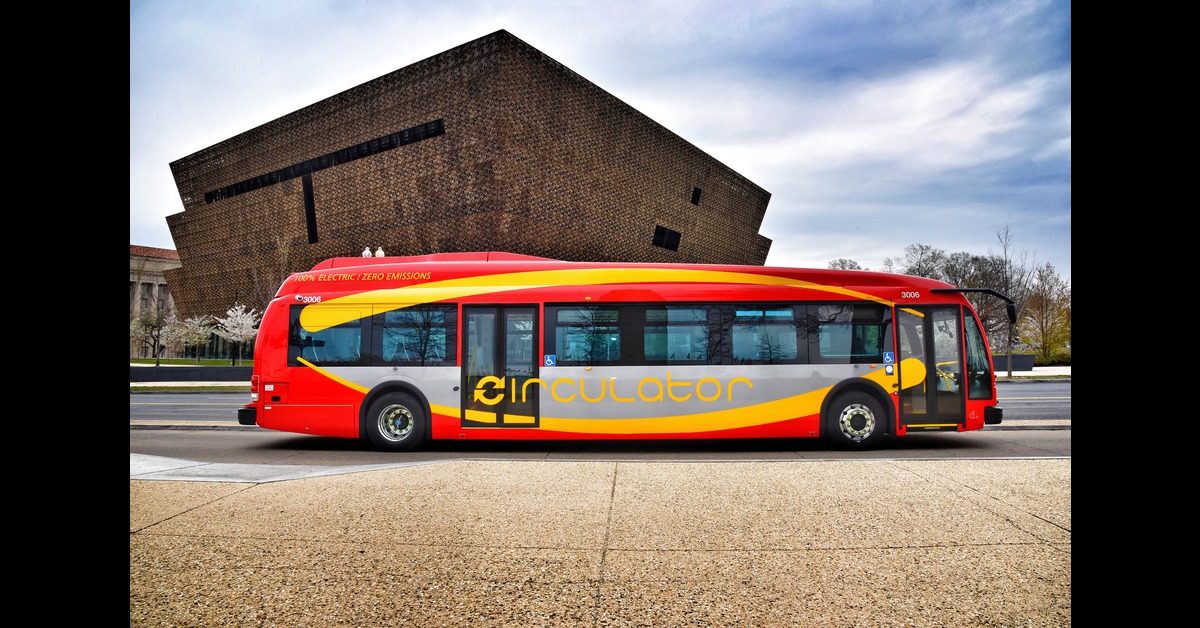The transportation industry is currently witnessing a revolutionary wave known as green logistics, powered by the emergence of electric vehicles (EVs). As we face limited reserves of biofuels, a concerning decline in climate conditions, and the adverse health effects caused by emissions from diesel buses, EV technology has emerged as a sustainable solution for our transportation needs.
It is important to note that EVs are not here to dominate the traditional transport industry but rather to support and enhance it. By incorporating electric vehicles alongside conventional diesel-based technologies, such as the Tata Starbus Sub Urban, we can pave the way for a greener future in transportation. However, despite the immense potential of EVs, several challenges hinder their full-scale implementation across the automobile sector. In this article, we will delve into how electric vehicles can revolutionize the future of transportation.
Electric Vehicles: Pioneering the Future of Transportation
Let’s explore the key benefits of electric vehicles and their contributions to the existing fleet system.
1. Extended Range for Enhanced Mileage Coverage
Electric vehicle technology has undergone remarkable advancements, boasting improved battery capacity and energy density. This progress enables EVs to cover long distances similar to their traditional fuel-based counterparts, such as the Tata Starbus City Chassis. With the integration of high-performance lithium-ion and solid-state batteries, electric vehicles now offer an impressive range on a single charge. This eliminates the previous limitations associated with using electric cars for long-distance travel.
2. Development of Fast-Charging Infrastructure
To promote the widespread adoption of electric vehicles, the establishment of a robust charging infrastructure is crucial. Cities worldwide are implementing fast-charging networks to address the challenges associated with in-vehicle charging. Furthermore, wireless charging technology has emerged as a trending solution, eliminating the need for physical connections and enhancing the charging convenience for EV owners.
3. Cost Reduction for Greater Accessibility
Electric vehicles, ranging from buses and bikes to trucks and e-rickshaws, have experienced significant reductions in purchasing prices. EV manufacturers recognize the vast potential of this technology, leading to more affordable prices and increased accessibility for the general public. Several factors have contributed to this significant price drop, including technological advancements, economies of scale driven by mass demand and supply, and supportive government incentives. This price reduction ensures that EVs can compete in terms of affordability with internal combustion engine vehicles like the Tata Starbus Ultra Staff Contract, driving further adoption.
4. Embracing Autonomous Driving
Electric vehicles have seamlessly integrated with autonomous driving technology, revolutionizing the entire automotive industry. EVs are highly compatible with functioning as autonomous vehicles, eliminating the need for constant human intervention. This technological fusion presents a game-changing opportunity, reducing accidents, optimizing traffic flow, and enhancing energy consumption efficiency.
Overcoming Roadblocks to Electric Vehicle Implementation
Despite the remarkable benefits of electric vehicles, several challenges impede their effective implementation in India. Let’s explore the key roadblocks hindering the full potential adoption of EVs:
1. Barriers to Infrastructure Development
One of the primary challenges for the EV industry is the insufficient charging infrastructure. To drive widespread adoption, it is crucial to establish an extensive network of electric charging stations, particularly in marginalized or isolated areas. Investment and attention from governmental transportation bodies are essential to overcome this challenge and increase EV adoption.
2. Limitations of Battery Technology
The existing battery technology has yet to reach its full potential. Some EV manufacturers still struggle with limited energy density and heavy reliance on scarce earth materials, raising concerns about long-term sustainability. The need of the hour is to scale up the production of solid-state batteries and explore alternative energy storage technologies to bridge the gaps in the current battery technology.
3. Addressing Battery Production and Disposal Challenges
One of the critical environmental concerns associated with electric vehicles lies in battery production and disposal. While EVs themselves emit zero tailpipe emissions, the processes involved in manufacturing batteries, including resource extraction and energy-intensive procedures, contribute to environmental pollution.
To overcome this challenge, it is crucial to establish a well-aligned battery recycling and disposal infrastructure. This infrastructure would ensure the maximum utilization of EV batteries throughout their lifecycle while minimizing the negative environmental impact. By implementing efficient recycling practices, we can recover valuable resources from used batteries and reduce the overall environmental footprint of electric vehicles.
Final Thoughts on Green Logistics
There is no doubt that electric vehicles are the future of transportation. Integrating electric vehicles into our fleet holds immense potential, offering increased range, significant cost reductions, efficient charging infrastructure, and advancements such as autonomous capabilities. However, it is essential to address the challenges surrounding limited battery technology, environmental impact, and insufficient governmental attention to achieve widespread adoption of electric vehicles.
The key to resolving these challenges lies in fostering collaboration among EV manufacturers, governments, industries, and research institutions. By working together, we can develop innovative solutions, improve battery technology, establish comprehensive charging infrastructure, and implement effective recycling systems. This collaborative approach will propel the electric vehicle industry forward, ensuring a greener, more sustainable future for transportation.
In conclusion, green logistics powered by electric vehicles presents a transformative opportunity to reduce carbon footprints and create a more environmentally friendly transportation system. By embracing the potential of electric vehicles and addressing the challenges hindering their implementation, we can pave the way for a greener, more sustainable future in the field of transportation. Let us join forces to drive the transition toward a cleaner, greener, and more efficient transportation industry.




